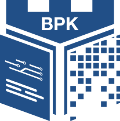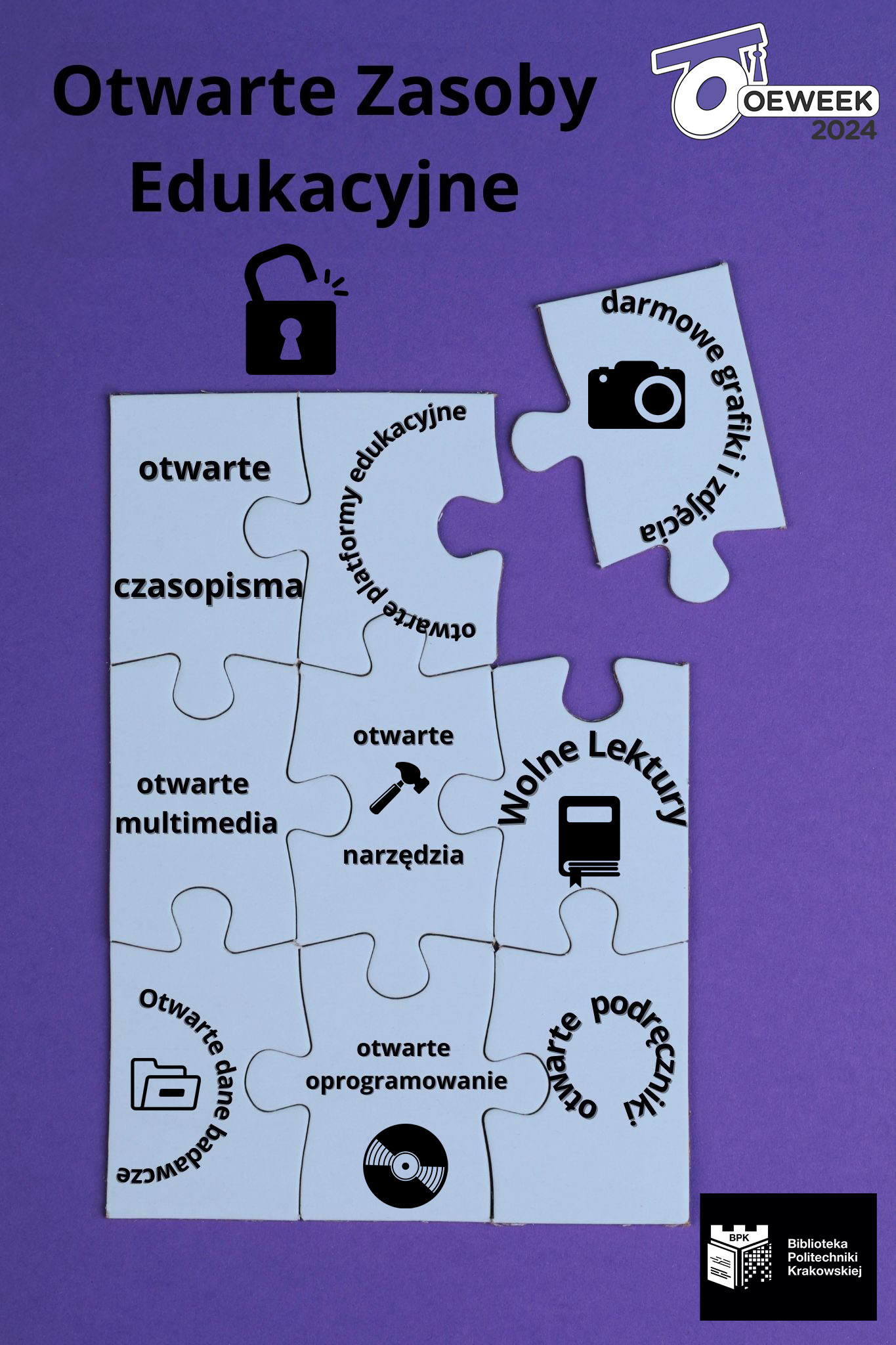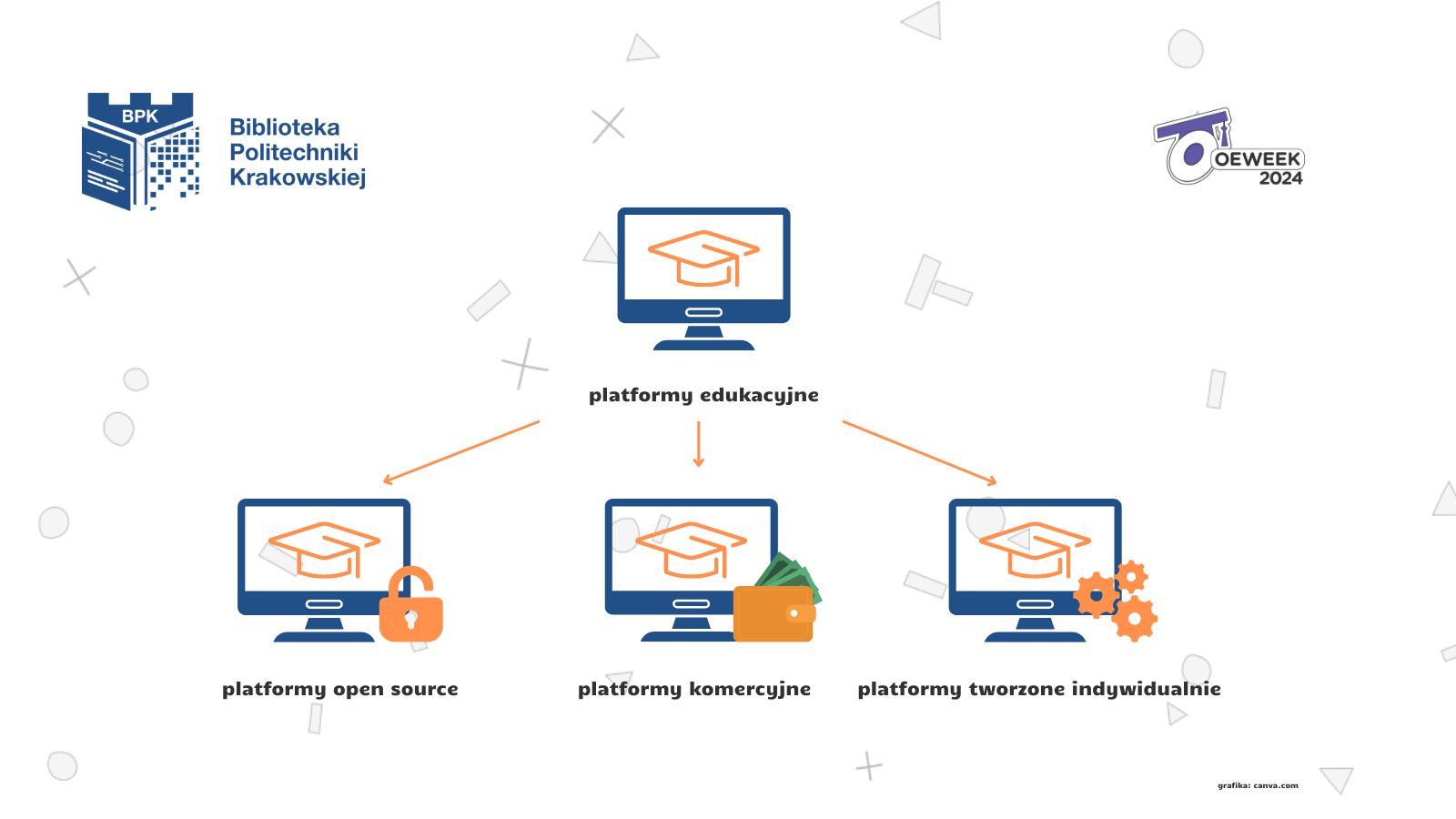Open Education Week
Open Education Week 4-8 March, 2024
The CUT Library joined the celebration of the 12th Open Education Week, an event launched by the Open Education Global community in 2012.
OEW aims to raise awareness, emphasize the importance of open education and showcase the successes associated with it. Access to open educational resources, is fundamental to the development of science, industry and other areas of life. However, the amount of data collected is subject to a certain order, so the rules for using these resources are defined by licenses, for example. Although open educational resources are available to the public and can be used and passed on for use, be sure to cite the source of the information. Educational resources can be broadly defined, ranging from text documents, various types of graphics, videos, patents, open research data and open source software. Open educational resources are also the platforms where these materials can be found. When thinking about open education, it sometimes seems that this is data collected only for pupils, not students or researchers. Nothing could be further from the truth, the concept of opening up access to educational materials allows people to improve their professional skills, develop their interests or help them chart a career path.
The idea behind Open Education Week is to spread awareness, showcase initiatives and celebrate the impact of open education on teaching and learning. With Open Access, we are able to leverage the experience and knowledge of others by adapting it to individual needs. We have prepared a guide for you to explore Open Access in an accessible form (informative and instructional videos).
Find out what Open Access is all about:
www.youtube.com/watch?v=WgpxeGwfagI&t=29s
www.youtube.com/watch?v=rbJEARDuFag
www.youtube.com/watch?v=3m6p6w8oOw4
www.youtube.com/watch?v=Xwg32l1G_nQ
www.youtube.com/watch?v=UcXpF8bU714
www.youtube.com/watch?v=qAwr9qnDF7Y
What you gain with Open Access:
www.youtube.com/watch?v=mBLHT7Zabzk
www.youtube.com/watch?v=km7x1pF9ehk
How to use open licenses:
www.youtube.com/watch?v=ouQowkWRlmA
www.youtube.com/watch?v=dCd-nIWm12c
www.youtube.com/watch?v=Ij3_EyNg1dE
Which publishing path to take:
www.youtube.com/watch?v=TfZa2ihGzQE
www.youtube.com/watch?v=Glf7gIzdekc
www.youtube.com/watch?v=E18fPQ5dkbg
OPEN EDUCATIONAL PLATFORMS
Educational platform, otherwise known as an e-learning tool or a dedicated Learning Management System.
In order to meet the requirements of modern e-learning, an educational platform should fulfill certain functions and offer a number of possibilities, such as managing the learning process, its monitoring (e.g. progress tracking), reporting or integration with other IT systems, among others. Based on the way resources are made available, educational platforms can be divided into:
- open source: provide free and unlimited access to content and new content creation to all users (e.g. Moodle). Their source code (e.g. HTML/CSS) is known and can be freely modified by software developers;
- closed (individual): provide access to teaching materials and all functions only to members of specific groups. Examples include information systems designed to support the teaching process of a specific university (e.g., Delta platform);
- commercial: the functions and materials contained in the platform are available only to users who pay for access. The range of functions and tools of such a platform (e.g. WebCT) varies and depends on the requirements and available budget of the principal.
SELECTED OPEN EDUCATIONAL PLATFORMS
- OER Commons – digital library collecting open educational resources.
- MIT OpenCourseWare – Massachusetts Institute of Technology courses.
- OpenStax – Rice University's initiative to make open academic textbooks available.
- CCC (Community College Consortium) for OER – provides resources, support and collaborative opportunities for learning, planning and implementing open education programmes at community and technical colleges. Activities include sharing best practices through regular webinars, online events and conferences; maintaining an active email list for the community to get up-to-date news, ideas and support, raising awareness about open education and its benefits.
- Conversational American English/Textbook – a free textbook for learning conversational English. It consists of a set of exercises and commands, supplemented by texts and materials to be familiar with. Built on the basis of free resources. Public domain.
- Coursera – an educational platform for higher education that features courses including video lectures, exercises, homework assignments and discussion forums. Many courses are free. Paid courses provide additional quizzes and projects, as well as the opportunity to receive a certificate. More than 200 universities have partnered with Coursera.
- edX – founded by Harvard and MIT USA, an open-source platform with courses in computer science, engineering, psychology, electronics, biology, marketing, language learning and editing.
- Libre Text – open e-books in chemistry, biology and mathematics. License: CC-BY-NC-SA.
- Open Culture – a platform that includes open courses, audio recordings and ebooks and videos.
- Open Education Consortium – free and open publications, which are high-quality educational materials for schools and universities, posted on the site of the global community, promoting open education.
- Open Educational Resources Commons – is dedicated to the promotion of open educational resources. It contains more than 50,000 open resources, such as full university courses, interactive mini-lectures and simulations, adaptations of existing open materials, open textbooks, lesson plans, worksheets and activities. The tools of this platform are:
- OpenIntro – open digital academic textbooks in statistics and mathematics and teaching aids (labs, videos). License: CC.
- PheT Inteactive Simulations – a library of interactive simulations in physics, chemistry, biology, mathematics and earth sciences. License: CC-BY.
- Saylor Academy Open Textbooks – online university courses in the humanities, social sciences and sciences. 28,000 educational objects - essays, textbooks, videos, tools. Licensed under CC-BY.
- TED.com – lectures, scientific conferences of Sopling Foundation in many fields. License: CC BY-NC-ND.
Source: www.buw.uw.edu.pl/dla-nauki/otwarta-nauka/otwarte-zasoby-edukacyjne/




